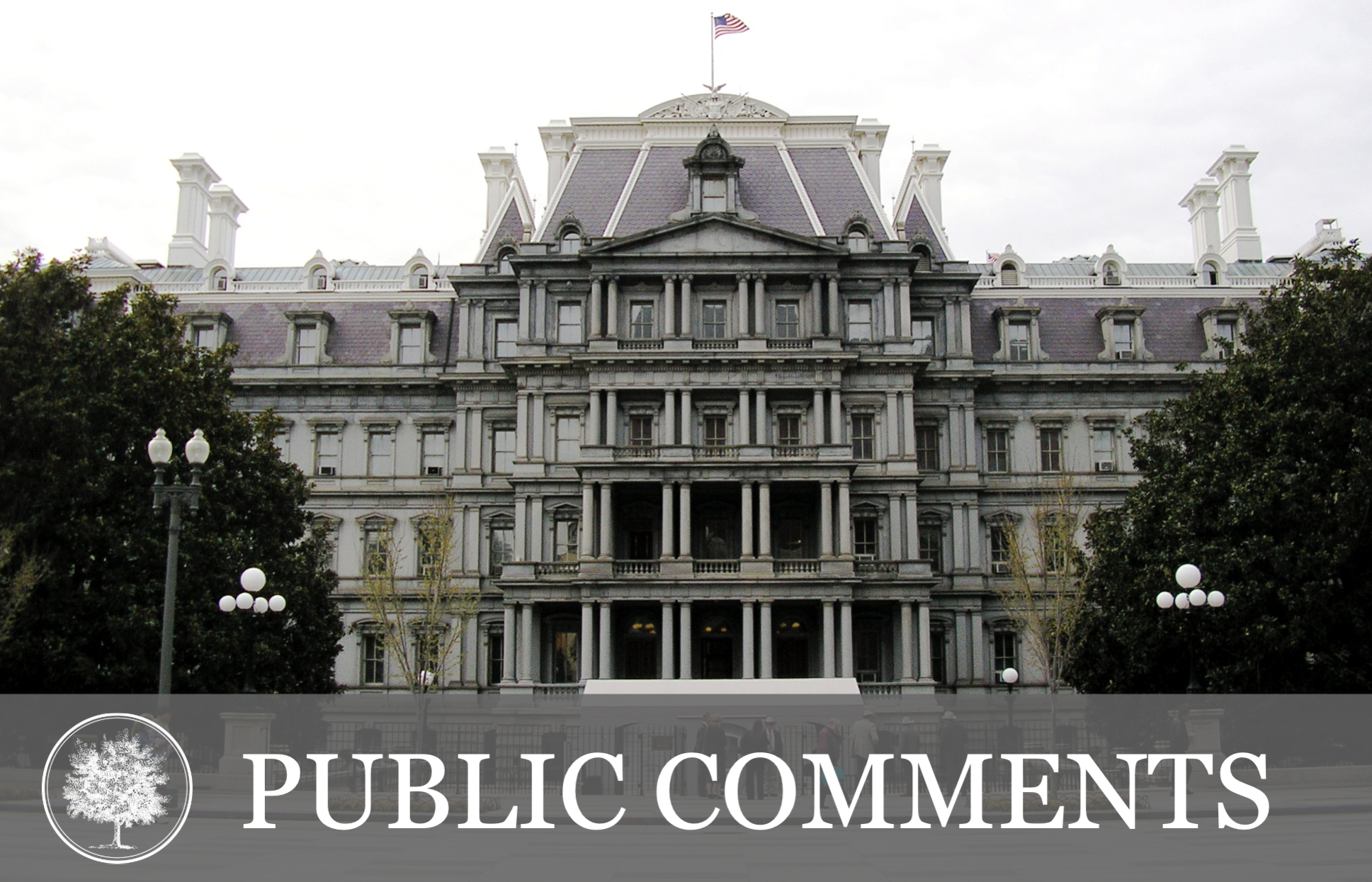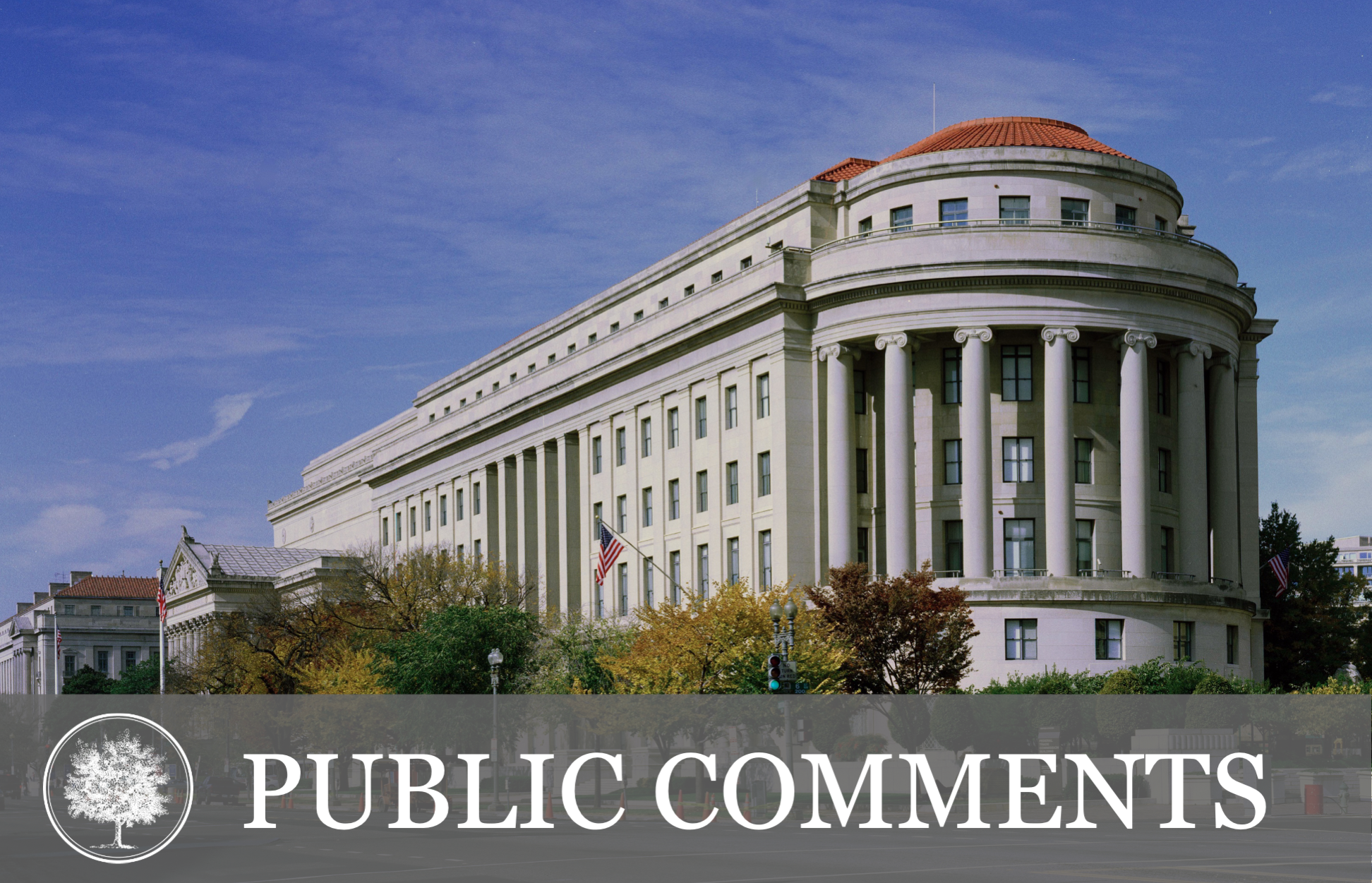Alex M. Certo
The Buckeye Institute: HB211 Promotes Commonsense Approach to Balance Justice & Public Safety
November 19, 2025

The Buckeye Institute submitted written testimony to the Ohio House Judiciary Committee on the policies in Ohio House Bill 211, which, if adopted, will require judges to “consider an offender’s status as the primary caretaker of a child” when issuing sentences. Buckeye lauded lawmakers for “balancing the need to punish offenders and the responsibility of ensuring that they become productive members of society,” pointing out that “House Bill 211 takes another modest but meaningful step” in that same direction.
The Buckeye Institute: HB88 Risks Nations First and Best Mens Rea Protections
November 12, 2025

The Buckeye Institute testified before the Ohio House Judiciary Committee on the policies in Ohio House Bill 88, urging lawmakers to protect The Buckeye Institute-championed mens rea reforms, which were “the first and best of their kind in the country.” “For more than a decade, Ohio has demonstrated its commitment to prudent, commonsense criminal justice policies and reforms,” but “House Bill 88 retreats from those reforms” by removing mens rea requirements in some circumstances.
The Buckeye Institute: Policies in HB5 Offer Commonsense Criminal Justice Reforms
April 02, 2025

The Buckeye Institute testified before the Ohio House Judiciary Committee on the policies in Ohio House Bill 5, which takes another step to “balance due process, individual freedom, and the need for robust criminal law enforcement.” In the testimony, The Buckeye Institute applauded lawmakers for their “commitment to prudent, commonsense criminal justice policies and reforms,” many of which The Buckeye Institute championed.
The Buckeye Institute: Ohio Should Ease Driver’s License Suspensions
December 13, 2023

The Buckeye Institute testified before the Ohio Senate Judiciary Committee on the policies in Ohio Senate Bill 37, which would ensure that the suspension of driver’s licenses is related to driving offenses. These policies are the “kinds of criminal justice reform that The Buckeye Institute has championed for more than a decade” and “target dangerous offenses involving operating motor vehicles, [such as] driving under the influence, and vehicular homicide.”
In Public Comments, The Buckeye Institute Urges Ohio to Allow Qualified Part-Time Lawyers to Practice Law
August 30, 2023

The Buckeye Institute filed public comments with the Ohio Supreme Court urging the court to adopt the proposed amendments and admit qualified part-time attorneys—practicing in other jurisdictions—to the Ohio Bar without needless regulatory hardships. “By removing needless regulatory restriction, Ohio would encourage part-time attorneys to move to the Buckeye State, increasing the availability and affordability of legal services to those in need.”
The Buckeye Institute: Proposed Federal Rule Justifies Economically Reckless Regulations
June 08, 2023

The Buckeye Institute filed public comments on the Office of Management and Budget’s proposed changes to how the federal government determines the economic and social impacts of proposed federal regulations, which, if adopted, will make it easier to justify economically reckless regulations. “All in all, [the proposed changes] stack[] the deck in the regulator’s favor, making it easier to justify economically reckless regulations that encroach on freedoms enjoyed by American industries and citizenry.”
The Buckeye Institute Outlines How Proposed FTC Rule Violates the Law and Constitution
April 12, 2023

The Buckeye Institute filed public comments on the Federal Trade Commission’s proposed rule prohibiting employers from utilizing noncompete clauses. In its comments, Buckeye outlined how the proposed rule violates section 5 of the Federal Trade Commission Act, exceeds the commission’s constitutional authority to regulate interstate commerce, supplants well-established state policy preferences, and undermines federal due process protections.
Legal Center
March 15, 2016
